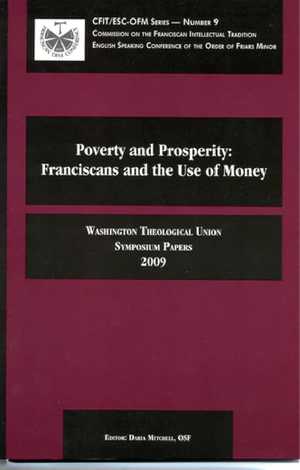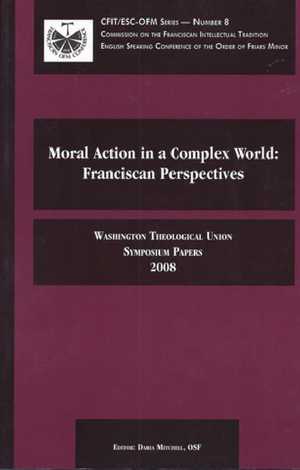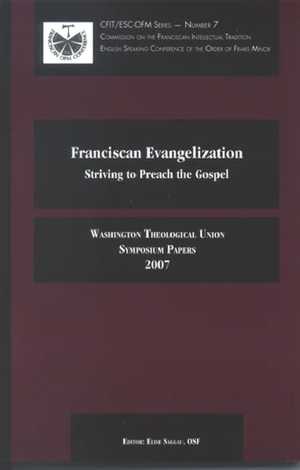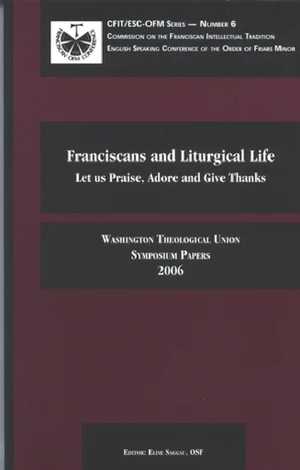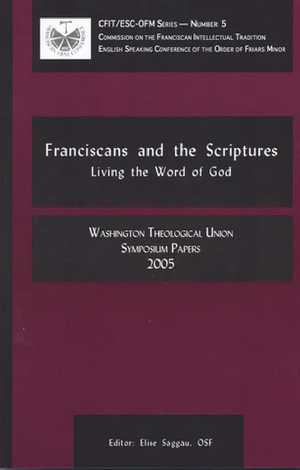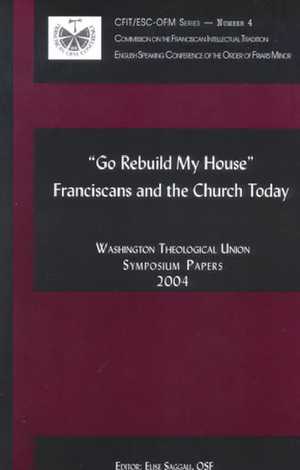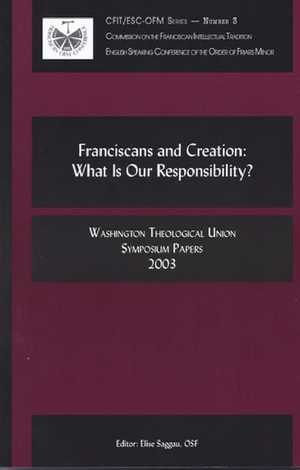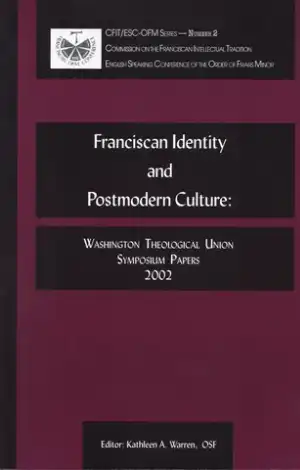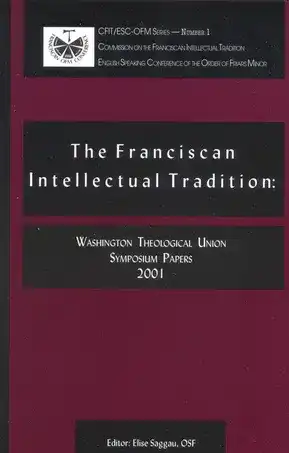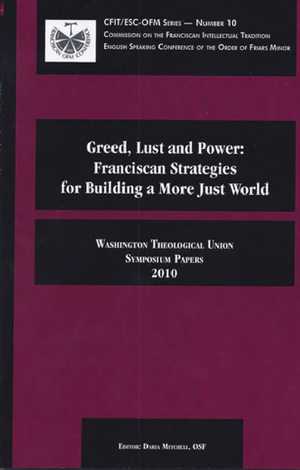
Number 10 – Greed, Lust, and Power: Franciscan Strategies for Building a More Just World (2010 Symposium). Essays by Joseph Nangle, O.F.M., Michael H. Crosby, O.F.M. Cap., Darleen Pryds, and Vincent Cushing, O.F.M. To order, go to Washington Theological Union/CFIT.
Featured presenters, Joseph Nangle, Michael Crosby, Darleen Pryds and Vincent Cushing. As our guides in this process of conscientization, the speakers, whose diverse expertise and experiences exemplified the distinctly Franciscan strategies they would develop and present, challenged the Symposium s participants to engage with the world in a way that is both informed by the teachings of the Gospel and guided by the principles of social analysis: observe, judge, and act. In this way, we are able to discern what our Franciscan responses to the needs of a world infected by greed, lust, and disordered uses of power should be, and so develop strategies capable of affecting those responses.

